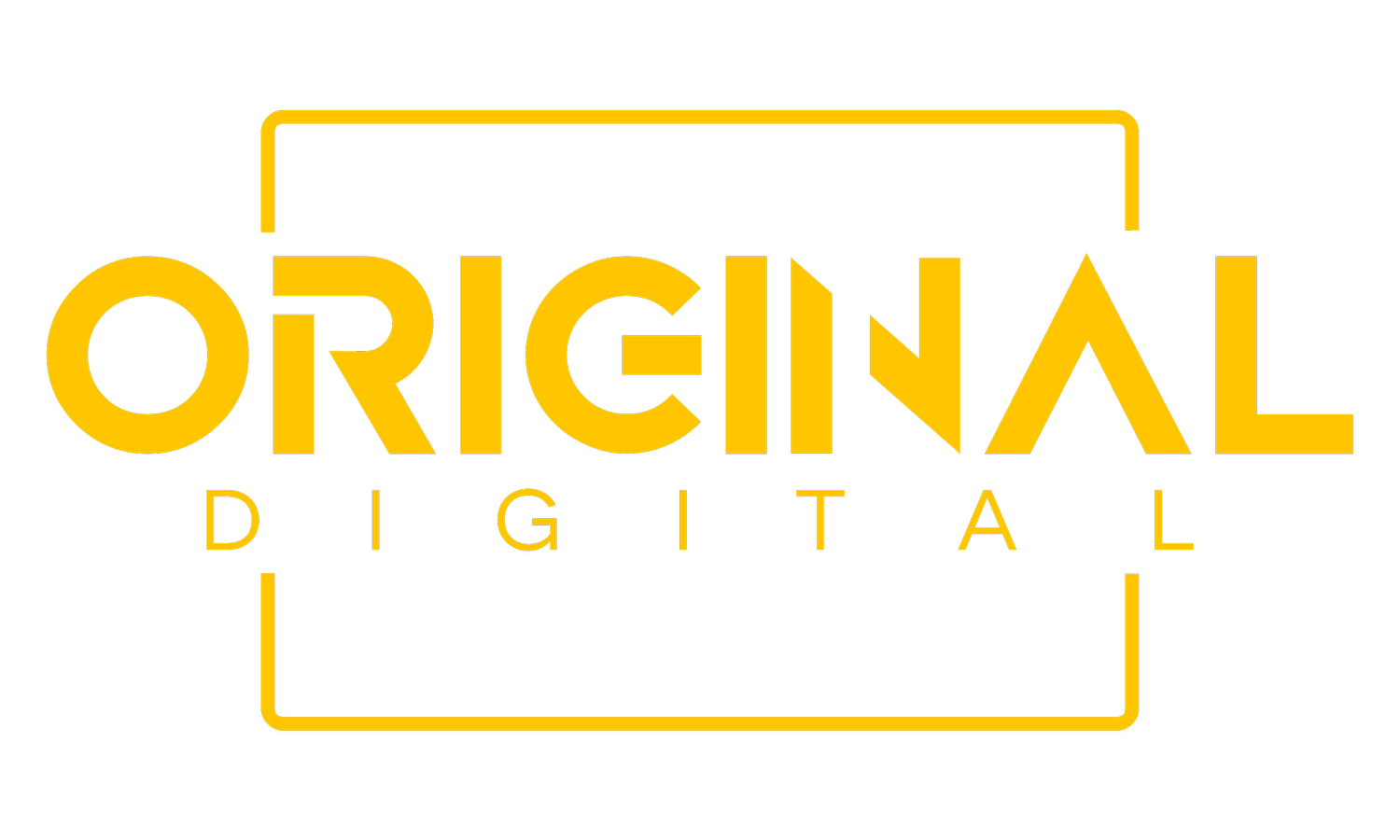Your Event Horizon (Or Why I Love Black Holes).
I like space. When I was a kid, I loved science fiction, space, time travel and more. All the things that should lead you to a career in science. Instead I became a creative scientist of sorts. I apply scientific approaches to creativity in an effort to solve problems in a new way. Many of you do it, too. You just don’t choose to think of it that way.
But I digress.
I like space. I recently listened to a book by Neil DeGrasse Tyson and it was talking about the formation of the universe and he spent a portion of that time talking about Black Holes. A Black Hole is formed when a star collapses in on itself. A Black Hole is made up of two parts; the Event Horizon and the Singularity. The Event Horizon is that outer-most part of the Black Hole where gravity becomes too strong to allow anything to escape. The Singularity is an immensely dense and small center of the Black Hole. Scientists are obsessed with Black Holes, and rightfully so. No data really exists for what is inside a Black Hole. There is data that suggests the Event Horizon, but since even light can’t escape, there’s little opportunity to prove a hypothesis because you can’t read something that has no opportunity for a light or audio signal to be retrieved. Of course, scientists are smarter than I am, so they will figure something out.
Am I still digressing?
The Event Horizon is an interesting concept. It is the point of no return in space. In business, this has a clear application. It is the point at which you are all-in and you have to see things through to the other side. There’s an old movie called “The Black Hole” from Disney in 1979. I loved that movie, but most people consider it to be a flop. The good news is Disney is resurrecting it for Disney+.
Once again, I digress.
In that movie, the probe ship makes it through the Black Hole and emerges on the other side. More recently, a similar topic was called out in the Matthew McConaughey movie “Interstellar”. They portray a Black Hole and the issues of time dilation on human beings, all with a relatively happy ending. In both cases, there are struggles and challenges to be overcome before you come out the other side, relatively safely.
In your day-to-day business world, there are trials and tribulations to overcome that enable you to come out the other side better off for having dealt with them. In most cases, there is also a point of no-return, or your own Event Horizon, at which you have to see it through to the end. That Event Horizon is the tip of time that signals the gravitational pull of what is on the other end. You can refer to this as the Entrepreneur’s Dilemma. How much do you believe in your ability to come through the Event Horizon, power through the Singularity, and come out the other side? Are you confident in your skills and your idea or are you focused on a mission that is insurmountable? There are years and years of people not accomplishing what you set out to do, so what makes you think you can be the one? How much do you listen to the voices telling you this is not something you can do before you eventually say, “yes I can” and you do it? Is that crazy or is the risk worth the reward in your eyes?
The Entrepreneur’s Dilemma is one of faith, and faith is a hard thing to reconcile with science. At least it is for most people. In this case, it is faith in yourself that you can do what needs to be done. Science can prove the path, but you have to believe that it can be done. In many cases, it can be done. If it is unsuccessful, that just means it was not successful… yet.
I look at the Event Horizon of most decisions. What is the point of no turning back for any decision you make in life? It could be starting a business, asking your significant other to marry you, having a family, building a house. All decisions have an Event Horizon to them, and the way you approach them is with the right combination of science and faith, or gut instinct. You look at the data, you listen to your heart, and you work your way to the Event Horizon. The gravitational pull is dragging you there, but do you give in and take the leap or do you wait it out, pull back and try to get more data.
The fun part of the analogy is we will never know the answer. We will never know what lies on the other side of a Black Hole. Scientists can theorize about it forever, and they will never know. What lies just beyond the Event Horizon? We will never know. I feel that way about every decision you make. You never know how it will turn out, and yet you make the decision anyways.
I guess that’s the fun of life. Never knowing where it will go, but looking at it in terms of one Event Horizon to the next.
photo accompanying this post is courtesy of UnSplash
